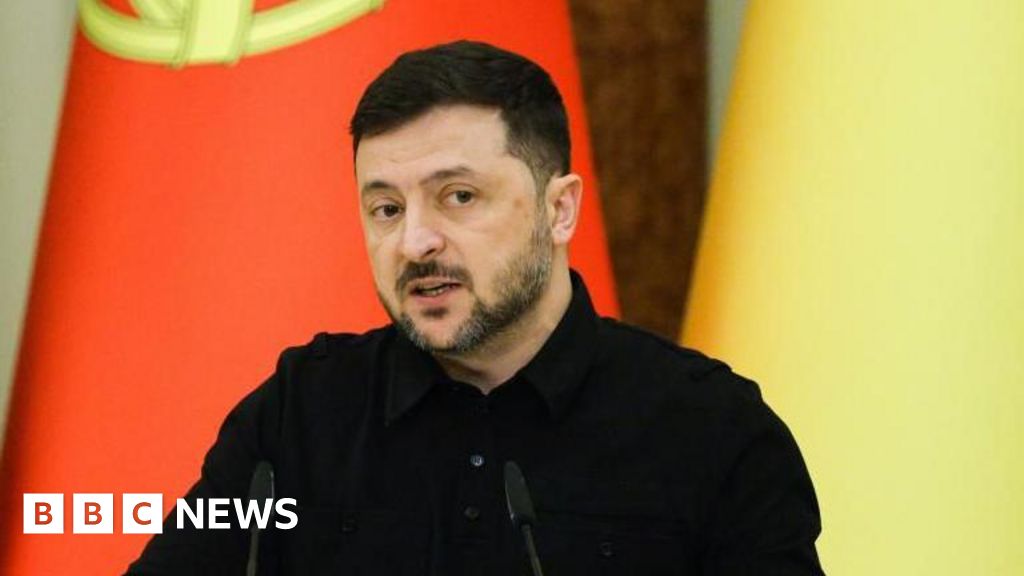Ukraine’s President Volodymyr Zelensky has given a positive assessment of a conversation he had with US envoys on how to end the Russia-Ukraine war.
Zelensky said Thursday’s call with Steve Witkoff and Jared Kushner, which lasted nearky an hour,…

Ukraine’s President Volodymyr Zelensky has given a positive assessment of a conversation he had with US envoys on how to end the Russia-Ukraine war.
Zelensky said Thursday’s call with Steve Witkoff and Jared Kushner, which lasted nearky an hour,…